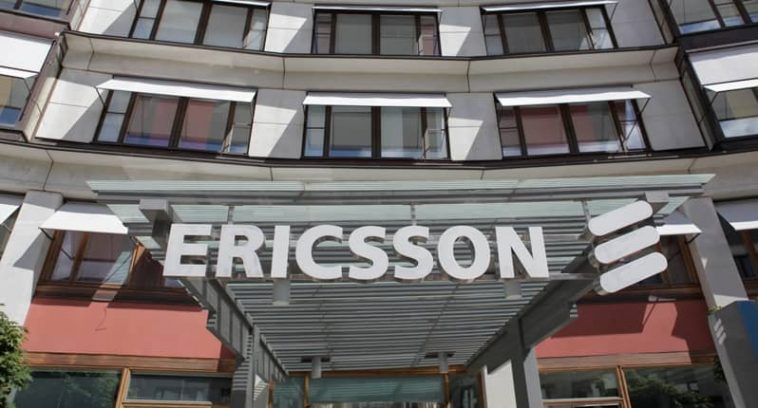Ericsson has positioned itself as a significant player in the mobile financial services (MFS) industry over recent years. The company supplies the essential technology that underpins major fintech brands, such as MTN Mobile Money (MoMo). Currently, Ericsson is focusing on expanding its influence into new market segments.
The Ericsson Wallet Platform has reached notable milestones, boasting 457 million registered mobile wallets and approximately 114 million active users across 24 countries, 16 of which are located in Africa. This platform processes an impressive 36 billion transactions each year, representing a total transaction value of $501 billion.
Currently, Ericsson’s Wallet Platform captures around 10% of the MFS market, but the company has aspirations to expand this share to 50%. Michael Wallis-Brown, Global Head of Ericsson Mobile Financial Services, shared these ambitious goals, indicating that the company’s focus extends beyond mobile money.
“We want to position ourselves as a comprehensive financial services platform,” he stated, emphasizing the platform’s robustness and scalability. According to Wallis-Brown, the modern landscape of financial services necessitates collaboration with diverse partners, including banks and large corporations.
Ericsson has successfully integrated 3,000 third-party partners into its application programming interface (API). This open developer environment is crucial for driving innovation and enabling seamless monetary transactions. Wallis-Brown noted the importance of maintaining openness to foster collaboration between mobile carriers, banks, enterprises, and the wider fintech ecosystem.
While Ericsson is primarily recognized for its telecommunications infrastructure, it has also played a pivotal role in establishing payment frameworks for banking and fintech services over the past decade. In Africa, where around 90% of transactions are cash-based, Wallis-Brown sees immense potential for growth. He highlighted that currently, only 10% of the market is being served, leaving considerable room for advancement.
Ericsson aims to be a leader in banking-as-a-service in Africa, asserting that one in five mobile wallet transactions occurs via its platform. Wallis-Brown expressed a desire to broaden access to basic financial services, aiming to uplift underserved populations from poverty.
Partnerships have been integral to Ericsson’s MFS growth, particularly its collaboration with MTN. MTN Mobile Money now serves 72.5 million users across Africa and holds an estimated value of $5.2 billion, bolstered by a $200 million investment from Mastercard.
The MFS landscape in Africa has evolved significantly from simple peer-to-peer payment systems. It now encompasses a wide array of financial offerings, including bill payments, lending services, buy-now-pay-later (BNPL) options, and cross-border remittances. Wallis-Brown emphasized the importance of facilitating user-friendly interactions, which begin with basic transactions and lead to more complex financial services.
He also highlighted the role of know-your-customer (KYC) protocols and digital identities in building trust within the financial ecosystem. A robust technological platform enables innovation while ensuring a seamless user experience.
Wallis-Brown noted a shift in traditional banking perspectives toward fintech and digital payments, with increasing convergence between telecommunications and banking sectors. As both industries evolve, the integration of financial services into mobile networks is becoming paramount for security and efficient transactions.
However, regulatory environments across different African nations present challenges. Wallis-Brown stressed the need for a cohesive regulatory framework that supports commerce across the continent, facilitating economic growth.
Ericsson is committed to creating a stable and secure environment for its partners, aiming to build robust regulatory structures in markets like Ghana, Uganda, and Rwanda. This pursuit will enable both large corporations and small businesses to expand and thrive in a dynamic pan-African economy.





